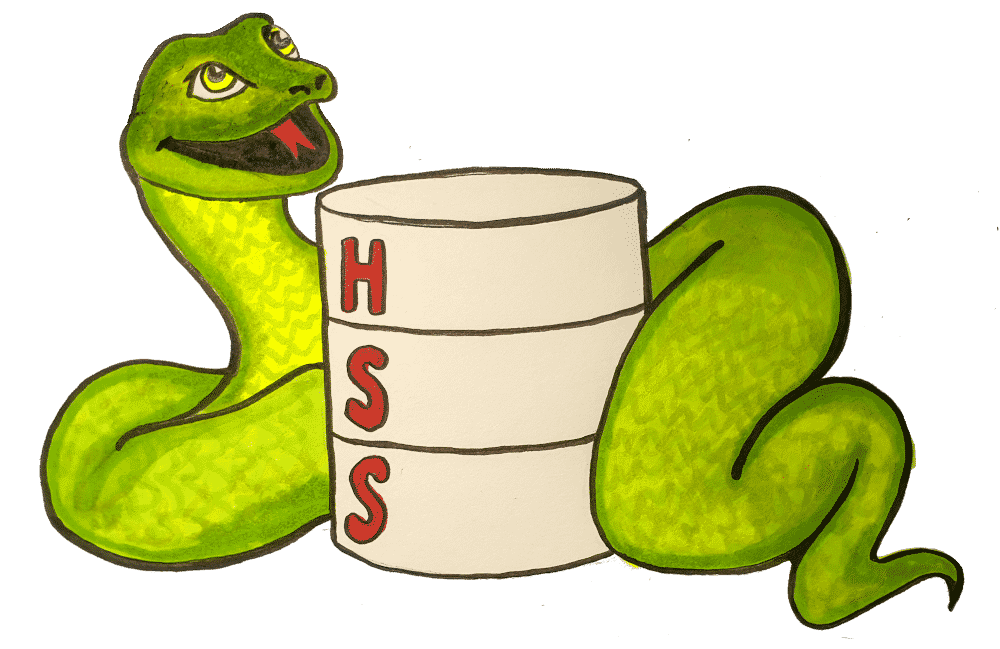One feature I’m pretty excited to share is the addition of a single config file for defining how PyHSS functions,
In the past you’d set variables in the code or comment out sections to change behaviour, which, let’s face it – isn’t great.
Instead the config.yaml file defines the PLMN, transport time (TCP or SCTP), the origin host and realm.
We can also set the logging parameters, SNMP info and the database backend to be used,
HSS Parameters
hss:
transport: "SCTP"
#IP Addresses to bind on (List) - For TCP only the first IP is used, for SCTP all used for Transport (Multihomed).
bind_ip: ["10.0.1.252"]
#Port to listen on (Same for TCP & SCTP)
bind_port: 3868
#Value to populate as the OriginHost in Diameter responses
OriginHost: "hss.localdomain"
#Value to populate as the OriginRealm in Diameter responses
OriginRealm: "localdomain"
#Value to populate as the Product name in Diameter responses
ProductName: "pyHSS"
#Your Home Mobile Country Code (Used for PLMN calcluation)
MCC: "999"
#Your Home Mobile Network Code (Used for PLMN calcluation)
MNC: "99"
#Enable GMLC / SLh Interface
SLh_enabled: True
logging:
level: DEBUG
logfiles:
hss_logging_file: log/hss.log
diameter_logging_file: log/diameter.log
database_logging_file: log/db.log
log_to_terminal: true
database:
mongodb:
mongodb_server: 127.0.0.1
mongodb_username: root
mongodb_password: password
mongodb_port: 27017
Stats Parameters
redis:
enabled: True
clear_stats_on_boot: False
host: localhost
port: 6379
snmp:
port: 1161
listen_address: 127.0.0.1

Hi Nick,
First recognize the great work you do teaching us how things work.
And now the question, XD, I am playing to connect freediameter in relay mode with PyHSS, but it seems that they do not exchange that capacity in CEA. it is right?